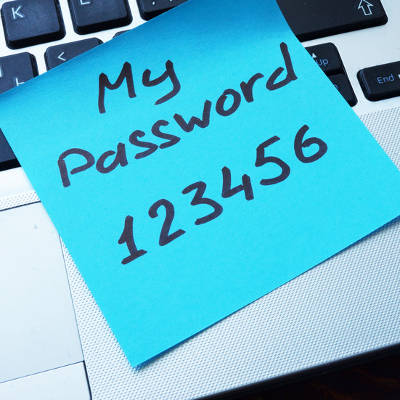
Password security is one of the most important parts of using an online account. It seems that the average user runs into the paradox of password security by using either complex, hard-to-remember passwords, or simple and less-secure passwords that put their accounts at risk. Even if the user is aware of the benefits that come from using a secure password, chances are that they will sideline security in favor of ease of access.
According to a list of the worst passwords in 2017 compiled by Splashdata, some of the worst passwords included “password” and “123456.” These two have topped the list since at least 2010, when Splashdata made their debut survey. Other passwords included in the top five include “12345678,” “qwerty,” and “12345.” Even “starwars” made the list at #16. For further reference, you can view the list of the worst passwords in 2017 here .
Best practices for password security are relatively well-known, especially considering how many experts study this particular field. Here are some tips from the guidelines recommended by the United States Computer Emergency Readiness Team, or US-CERT. In fact, US-CERT was created by the Department of Homeland Security for the specific purpose of preserving online security against threats.
Some sites or applications force users to use these best practices when creating a password, so do yourself a favor and keep these in mind:
- Use different passwords on different systems and accounts.
- Don’t use passwords that are based on personal information that can be easily accessed or guessed.
- Use a combination of capital and lowercase letters, numbers, and special characters.
- Don’t use words that can be found in any dictionary of any language.
- Develop mnemonics (or spoken memory tricks) such as passphrases for remembering complex passwords.
- Consider using a password manager program to keep track of your passwords.
COMPANYNAME is of the firm mind that you should never underestimate the importance of network security best practices–particularly password security. To learn more about how you can secure your business, reach out to us at PHONENUMBER.
